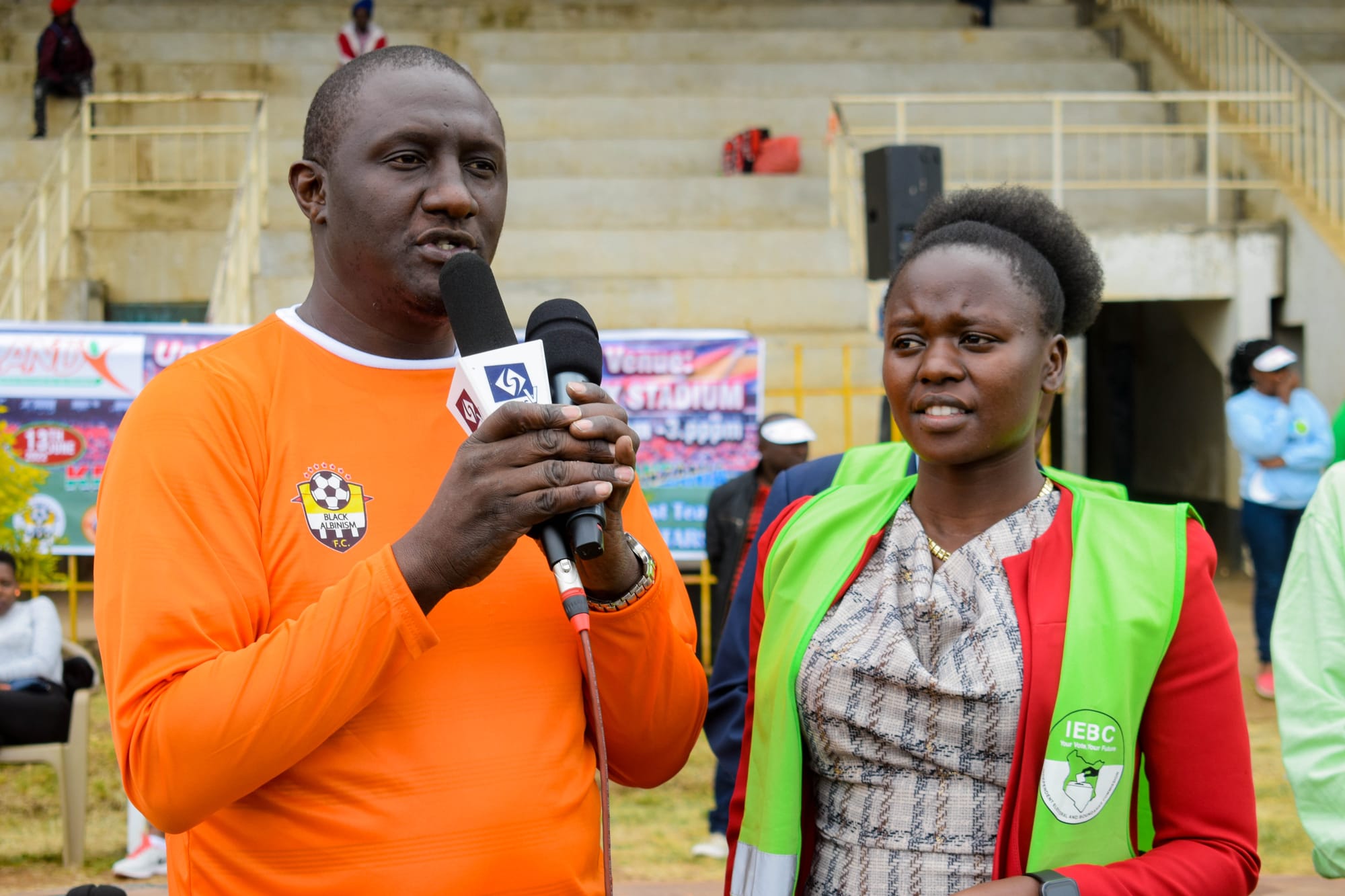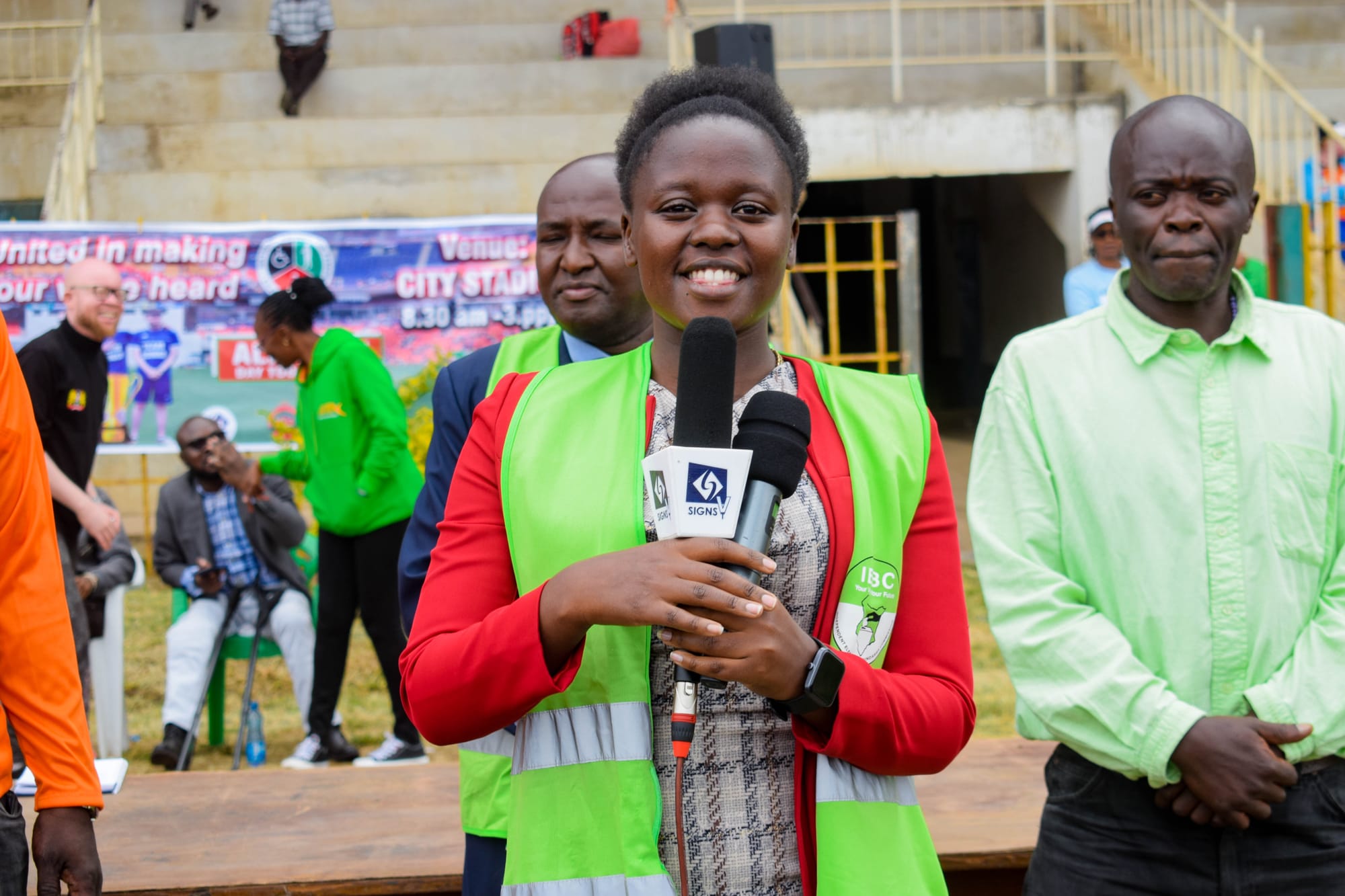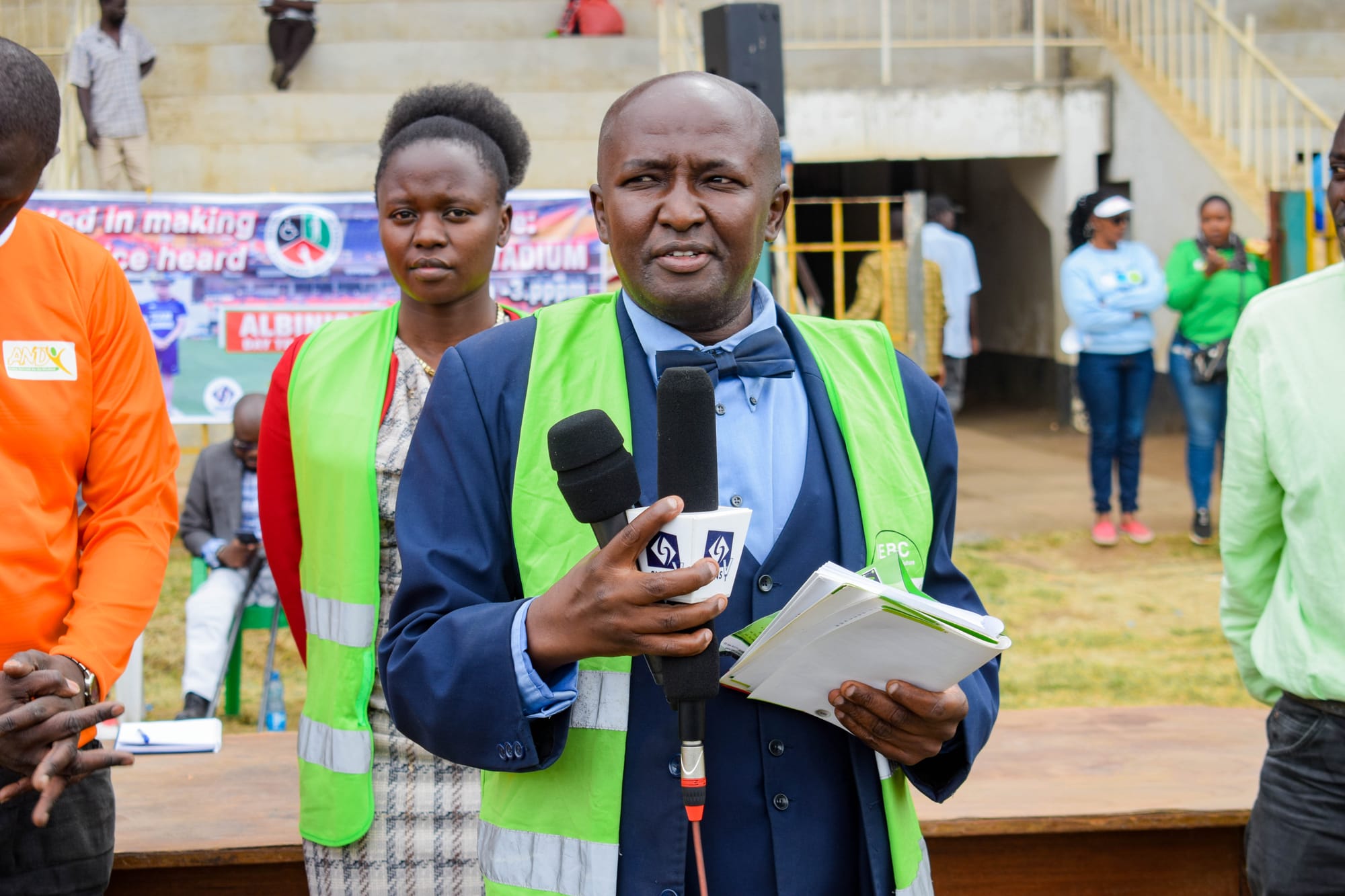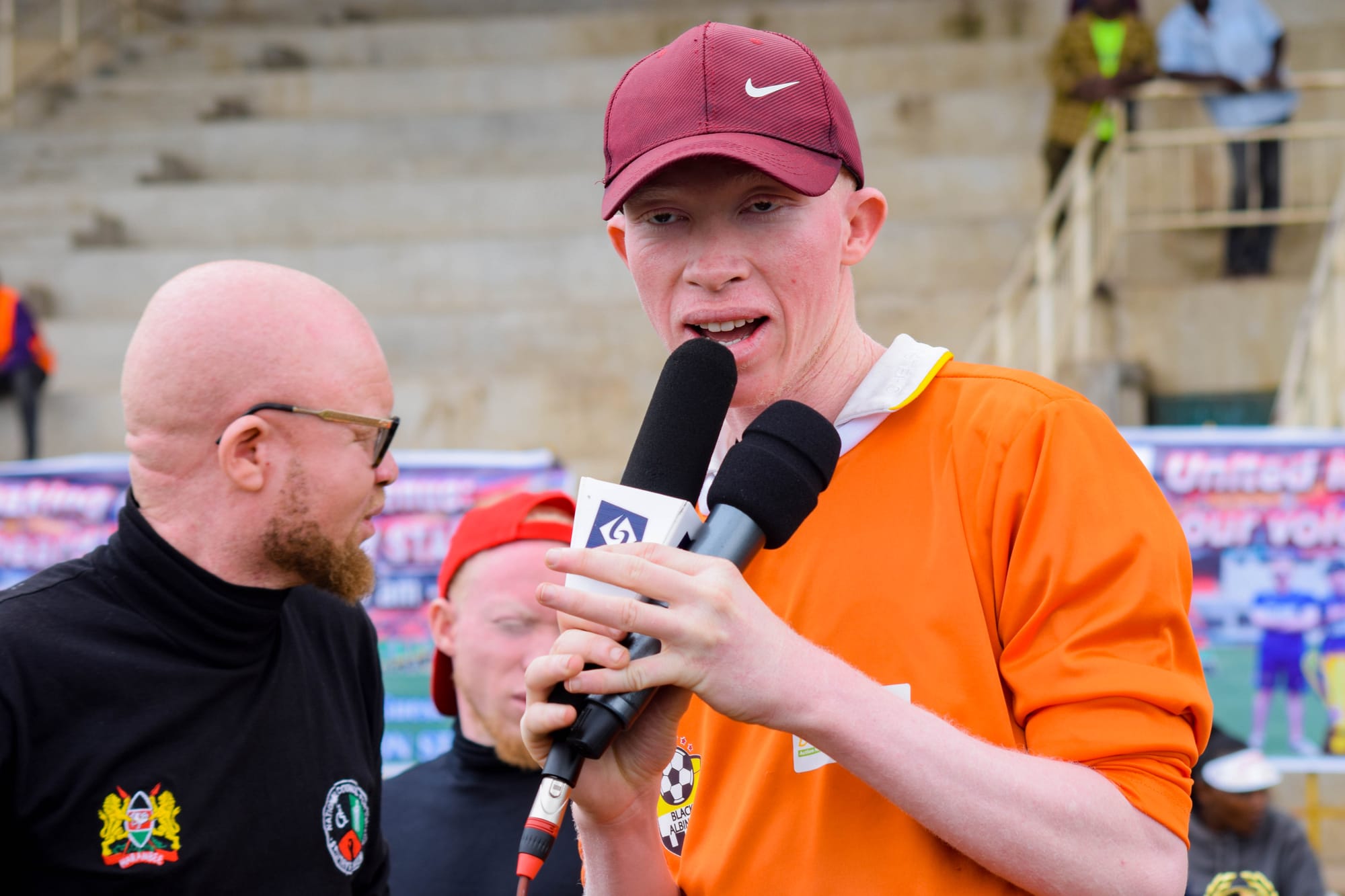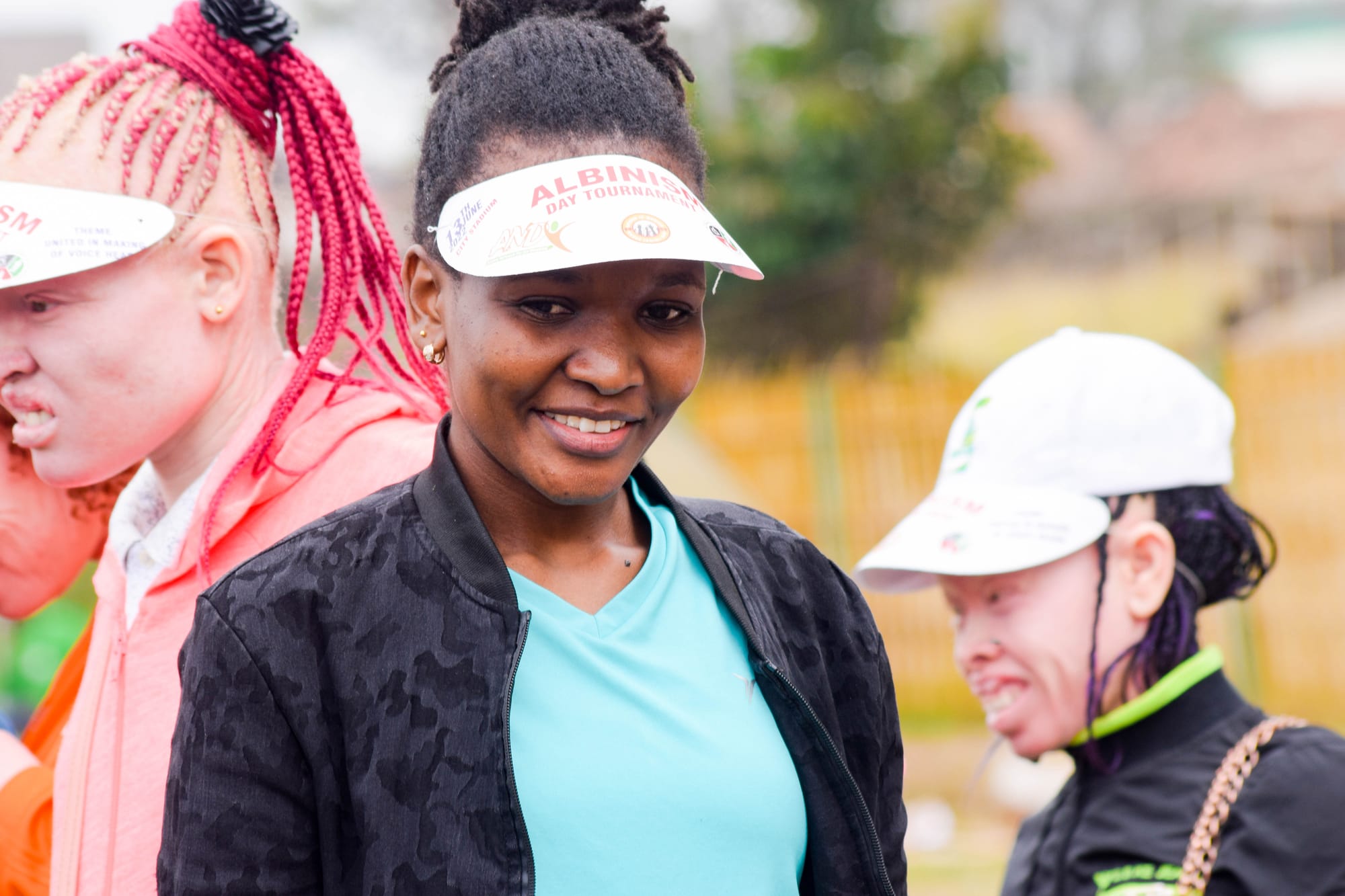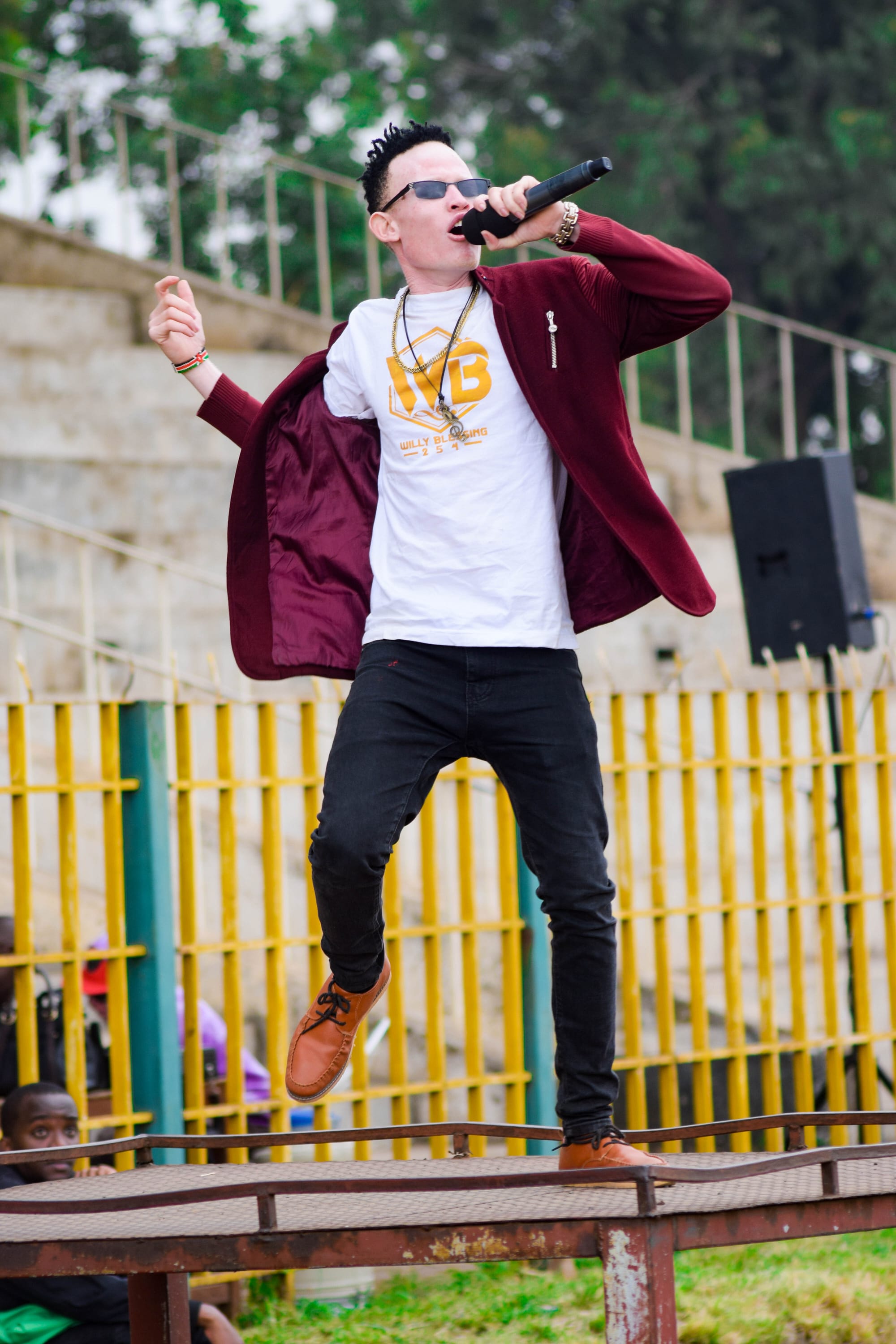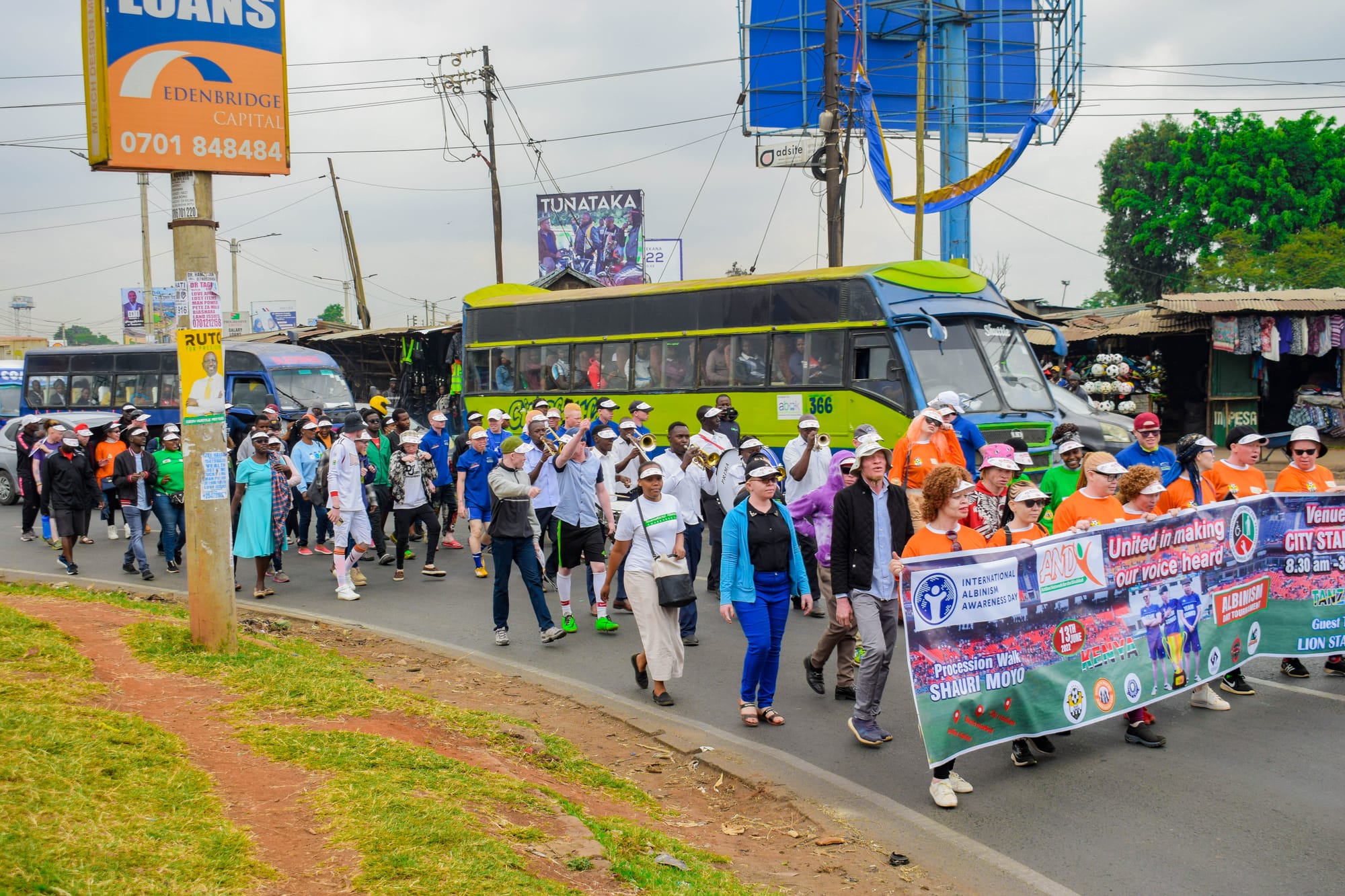About US
OUR HISTORY
“The inception of Black Albinism traces back to my adolescent years when a young girl, mesmerized by my way lighter skin tone, made a condescending remark, prompting a physical retaliation from me. An insightful adult, who was in the vicinity of the incident, posed a simple question to me in the aftermath, 'Now that you’ve physically retaliated, what change has it made? That, I would say, was the genesis of Black Albinism, I wanted to create change. Throughout my school years, I never forgot the incident; the aspiration for transformation perpetually lingered in my mind.
My encounter with numerous people with albinism during a camp in Meru solidified my commitment, forming lasting friendships with individuals like Jack Mutuiri, Mark Titus, Clinton Ontita, Sarah Nkichabe and Angie Kite. Fast foward to my campus years when a lecturer was on and on about establishing businesses. I had a flip of a switch moment during the lecture which led me consulting the lecturer on how to go about the inception process of a business. The first step, he said, is to find a team. My first ever team was inclusive of my then campus classmates who included Timothy Papa, Allan Kiprop,, Alan Were, Peninah, Cynthia Achieng’ and Anne Nthoki. With this team, we created a film titled “Rejected Treasure” which addresses the societal segregation of persons with albinism.
My initial plan leaned more towards the performing arts sector hence brilliant ideas such as “All Albinism Festival Taff”. However, over the years, we have morphed into the albinism advocacy space which serves a more profound purpose. A significant milestone from the infant years of black albinism would be the historical football tournament between Black Albinism Football Club and Short Stature Football Club from which we received recognition from the then Nairobi County Governor Mike Sonko. This gesture officially launched Black Albinism as an entity. The seed that was change has blossomed into a now five year old seedling dubbed Black Albinism. I am proud of how far we’ve come and enthusiastic about the future, a future so luminous that its brilliance is overwhelming.” - Alan Herbert, Executive Director and Founder, Black Albinism.
BA Numbers
OUR ADVISORY BOARD
Sarah Muthoni
Board Chair
Sarah is an expert in disability inclusion. She plays a pivotal role in advancing the cause of Black Albinism by promoting skills-building and employment for individuals with albinism. Further, she provides strategic guidance on program expansion and partnership development.
Sarah Nkichabe
Assistant Chair
Sara brings extensive experience in partnership development and legal advice. She serves as a technical advisor for Black Albinism, focusing on social inclusion programming with a particular emphasis on addressing the challenges faced by individuals with disabilities.
Clinton Ontita
Treasurer
As the board treasurer and a professional banker, Clinton collaborates closely with our finance department to ensure the organization’s finances comply with all applicable laws.
OUR TEAM
Boniface Mirikwa
Project Officer
This is the driving force behind our projects' success. From strategic program management, stakeholder engagement, and meticulous reporting to resource mobilization, budget management, and team coordination, our Project Officer seamlessly orchestrates every crucial aspect of the project lifecycle.
Evelyne Sween
Office Administrator
Our Office Administrator is the backbone of our operations. She provides excellent administrative support, data management, document preparation, and financial tasks. Her expertise extends to human resources, event planning, and top-notch customer service.
Maurice Mutati
Head of Production
With dual expertise as a Production Editor and Videographer, is pivotal in shaping the creative and visual aspects of our projects. Proficient in production editing, they craft content to the highest standards, while their videography skills bring our vision to life with compelling visuals.
Shirleen Mwende
Communications Strategist
Our Communications Specialist is pivotal in enhancing our brand presence and fostering effective communication. From social media management, content creation, and media relations to internal communication, event support, brand management, and analytics, they navigate a comprehensive range of tasks with finesse.
BA INITIATIVES
BA FOOTBALL CLUB
On the premise of sport for Development [S4D}, Black albinism uses football to achieve crucial social outcomes for persons with albinism in areas such as learning, health, empowerment and protection.
BA CHAMA
The chama phenomenon arose out of the idea of harambee, which means "all together". Persons with albinism together with there parents and friends, join efforts to reed themselves of the shackles of poverty.
BA ADVOCACY
Through our advocacy work, we aim to influence decisions within political, economic, and social institutions, to enhance civic engagement and social inclusion of persons with albinism so as to archive disability inclusion.




